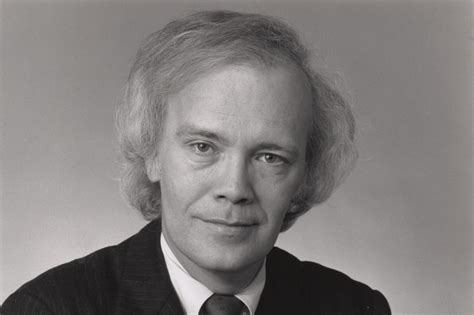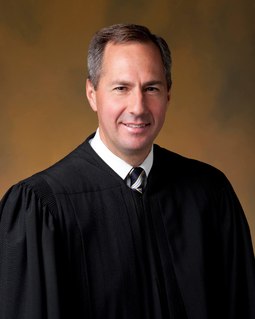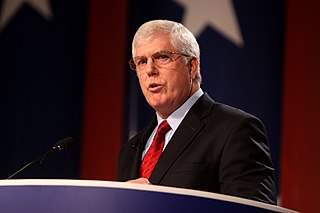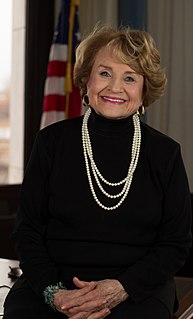A Quote by Raymond Kethledge
The First Amendment protects the Internet.
Quote Topics
Related Quotes
I think the reality is that copyright law has for a very long time been a tiny little part of American jurisprudence, far removed from traditional First Amendment jurisprudence, and that made sense before the Internet. Now there is an unavoidable link between First Amendment interests and the scope of copyright law. The legal system is recognizing for the first time the extraordinary expanse of copyright regulation and its regulation of ordinary free-speech activities.
...The Bill of Rights is a literal and absolute document. The First Amendment doesn't say you have a right to speak out unless the government has a 'compelling interest' in censoring the Internet. The Second Amendment doesn't say you have the right to keep and bear arms until some madman plants a bomb. The Fourth Amendment doesn't say you have the right to be secure from search and seizure unless some FBI agent thinks you fit the profile of a terrorist. The government has no right to interfere with any of these freedoms under any circumstances.
For the Fourth Amendment protects people, not places. What a person knowingly exposes to the public, even in his own home or office, is not a subject of Fourth Amendment protection. But what he seeks to preserve as private, even in an area accessible to the public, may be constitutionally protected.

































